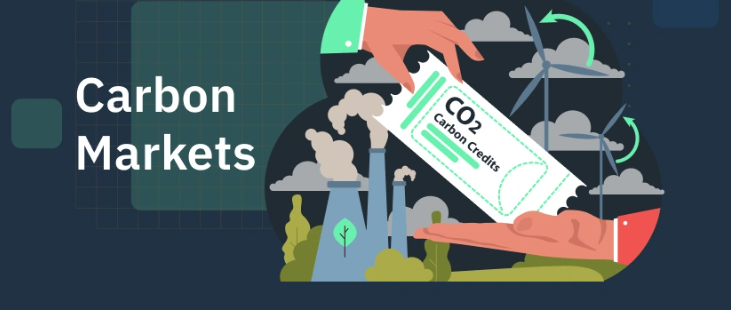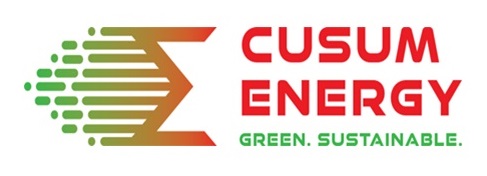As the world races to cut down on greenhouse gas emissions, carbon markets are becoming a key player in the climate change conversation. But what exactly are they and why should we in Africa care?
What are Carbon Markets?

Carbon markets are systems that allow people, companies, and governments to trade carbon credits. Each carbon credit represents one tonne of carbon dioxide either removed from the atmosphere or prevented from being emitted. By putting a price on carbon, these markets encourage efforts to reduce emissions in a way that also creates financial value.
Think of it like this: if a solar project in rural Kenya reduces emissions, it can generate carbon credits. A company abroad, looking to offset its unavoidable emissions, can then buy those credits bringing income into the local economy while supporting climate goals globally.
Two Types of Carbon Markets
Carbon markets generally fall into two categories: compliance and voluntary.
1. Compliance Markets
These are run by governments and tied to law. Countries or regions set limits on emissions, and organizations that go over their limits must buy carbon credits to make up the difference. It’s a “cap-and-trade” system used in places like the European Union and California.
This market is strict, rule-based, and driven by policy. It helps countries meet their commitments under international agreements like the Paris Agreement.
2. Voluntary Carbon Markets (VCMs)
Here, participation is optional. Companies or individuals voluntarily offset their emissions often to meet internal sustainability goals or appeal to environmentally conscious customers. The credits in this market often come from projects like forest conservation, clean cookstoves, and renewable energy many of which are based in developing countries.
VCMs are growing fast, especially as more companies commit to net-zero targets. They’re also a huge opportunity for African nations.
Carbon Projects in Africa: Real Impact on the Ground
Africa is uniquely positioned to benefit from carbon markets. We have vast forests, abundant sun and wind, and a growing number of community-based projects that reduce emissions and improve lives.
Here are a few examples:
-
Clean Cookstoves: Projects that distribute energy-efficient stoves, reducing firewood use and harmful indoor smoke.
-
Biogas Systems : Small-scale biogas plants that turn animal waste into clean fuel for cooking and lighting.
-
REDD+ Forest Conservation: Protecting forests to avoid deforestation and earn credits through avoided emissions.
-
Renewable Energy Projects : Wind farms and solar mini-grids providing clean, reliable electricity to off-grid communities.
These projects not only generate carbon credits but also create jobs, improve health, and bring sustainable development to regions that need it most.
Kenya’s Potential in the Carbon Economy
Kenya, in particular, has a lot to offer. With a renewable-heavy grid, a growing cleantech sector, and community-focused climate initiatives, the country is well-positioned to lead Africa’s carbon credit movement. Already, Kenya hosts a number of voluntary carbon projects, and there's increasing interest from developers, investors, and policymakers.
Our Role in the Bigger Picture
At Cusum Energy, we’re not just watching this space we’re actively exploring it. Through our work in solar installations, energy audits, and climate-smart technologies.
Our goal is to contribute to a more climate-resilient Africa.
The Future is Carbon-Smart
Carbon markets offer a real chance for African countries to fund sustainable development in a way that rewards climate action. Whether through clean energy, forest conservation, or greener everyday solutions, the potential is enormous.
Let’s make sure Africa is not just part of the carbon market story but leading

